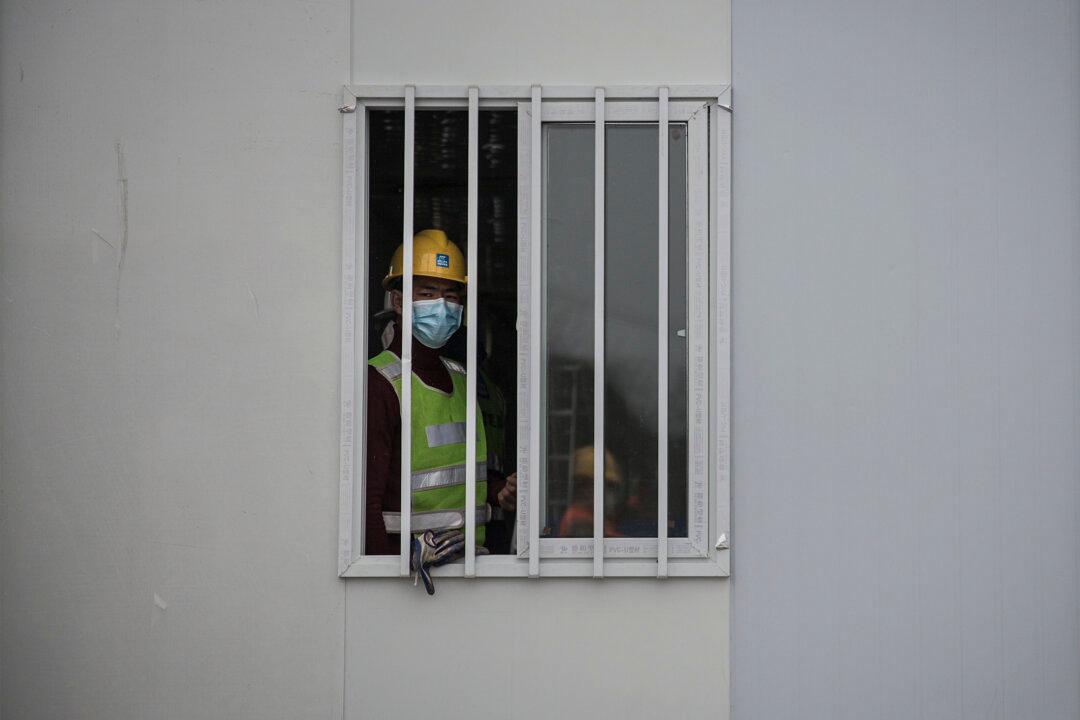Several hotels in Wuhan have been designated as quarantine sites for severely ill patients infected with the novel coronavirus. A family member of one of these patients revealed that they are left unattended and don’t receive proper medical care. Another patient in a different hotel, who realized that people were left there to die, managed to escape.
No Medical Care
Ms. Yang spoke to the Chinese-language Epoch Times on Feb. 5, saying her mother started to show symptoms of the coronavirus on Jan. 20 and died seven days later. Her father developed similar symptoms around that time and then went to the quarantine hotel.“It all happened too quickly,” Yang said about her mother’s death. The CT scan showed infection and opacity in both her lungs, and the test results for all her blood work were also very bad. However, her symptoms were never confirmed through diagnostic testing and she didn’t receive timely treatment due to shortage of hospital beds, Yang said. Her mother was finally admitted into a hospital the day before she passed away.





